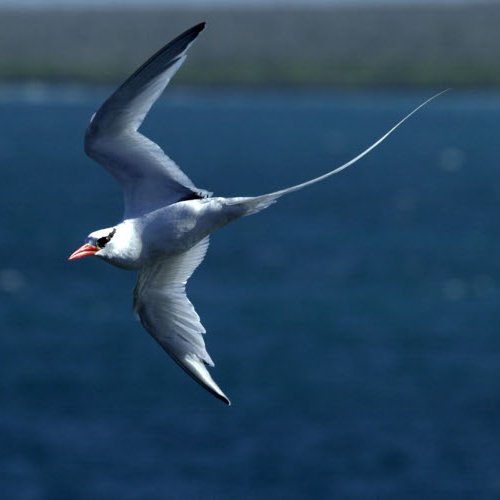Results
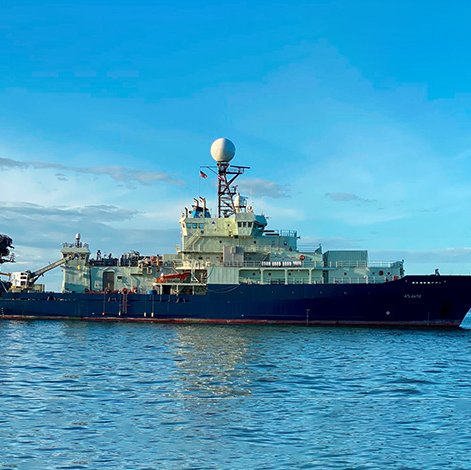
Join us on a historic deep-sea expedition: March 28 - April 22, 2023
Join us on a historic deep-sea expedition inside the Galápagos Marine Reserve onboard the Atlantis & the research submarine Alvin: March 28 - April 22, 2023
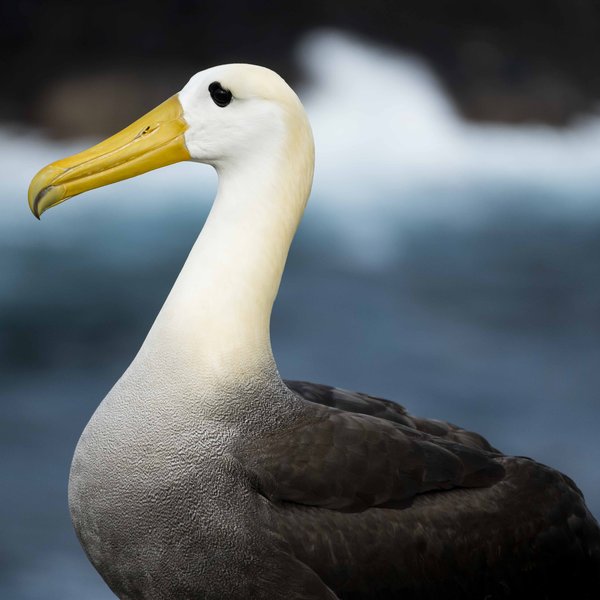
Carlos Espinosa/CDF


Carlos Espinosa/CDF

Carlos Espinosa/CDF
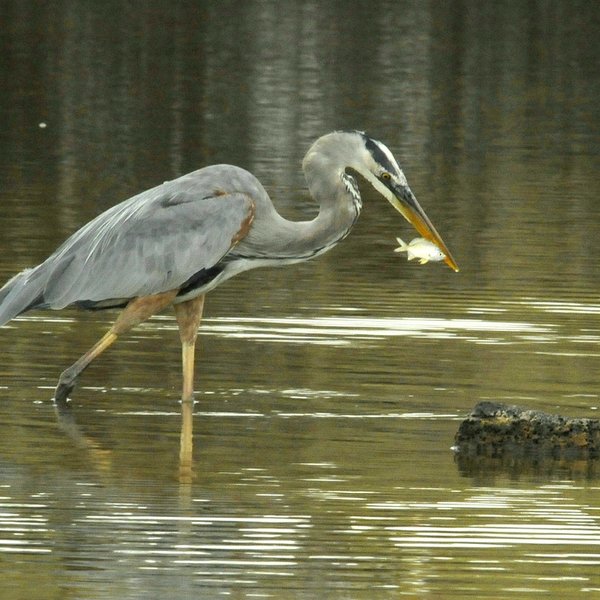
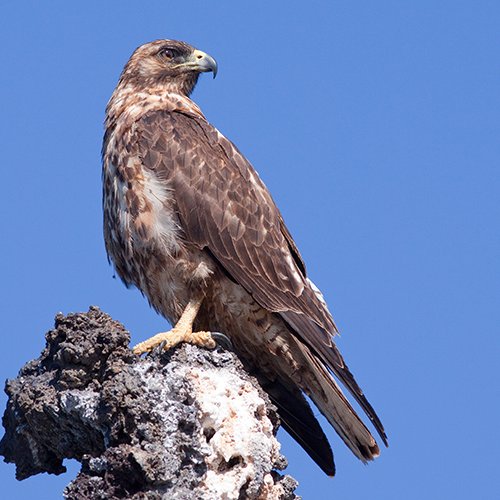
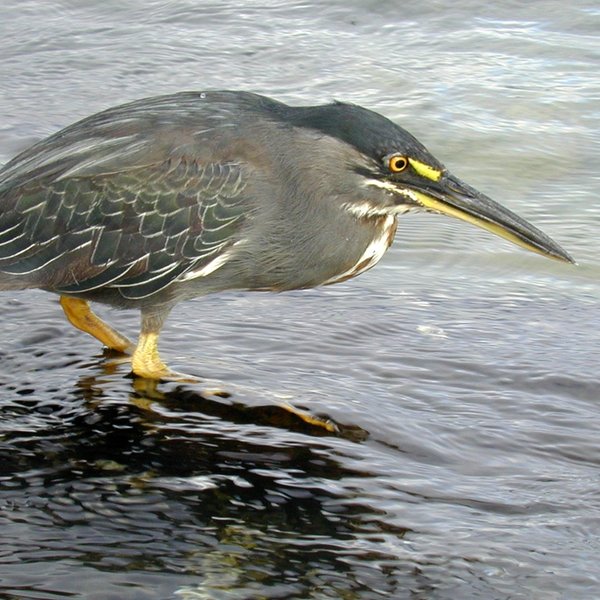
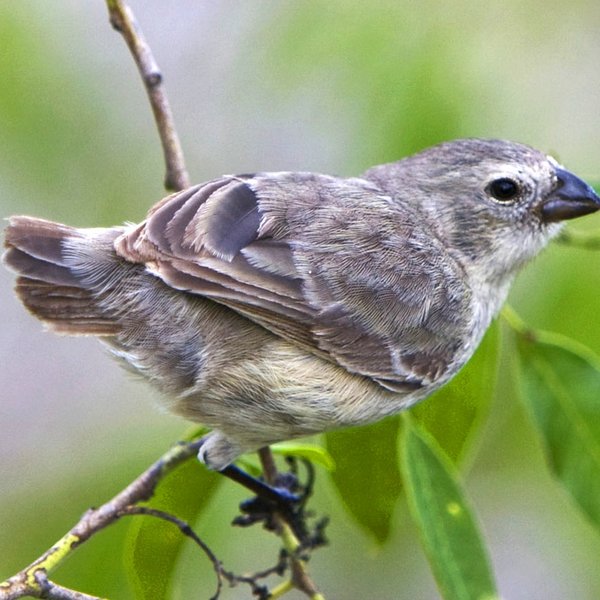

Carlos Espinosa/CDF

Carlos Espinosa/CDF
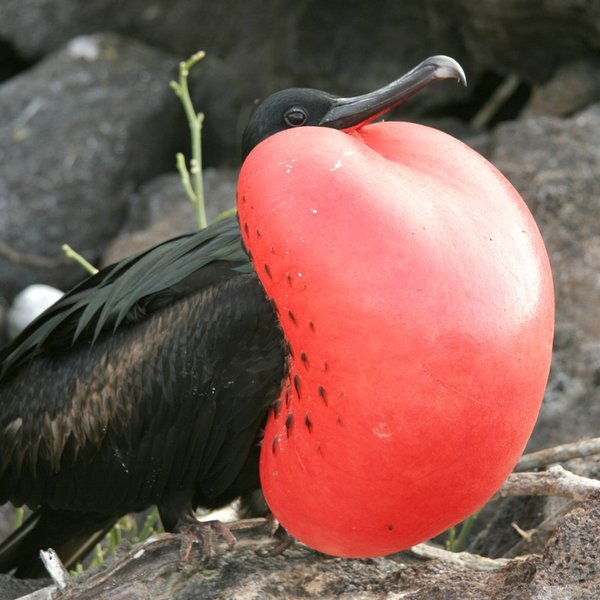
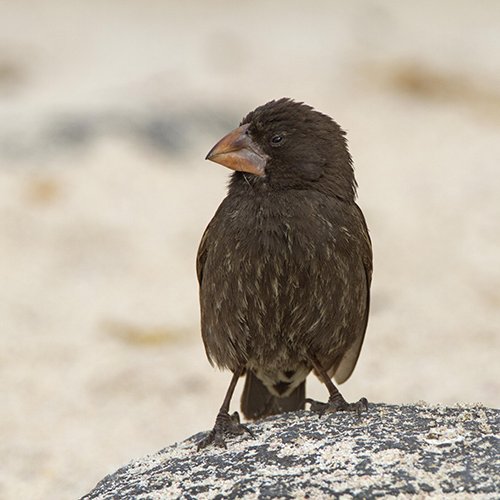

Carlos Espinosa/CDF
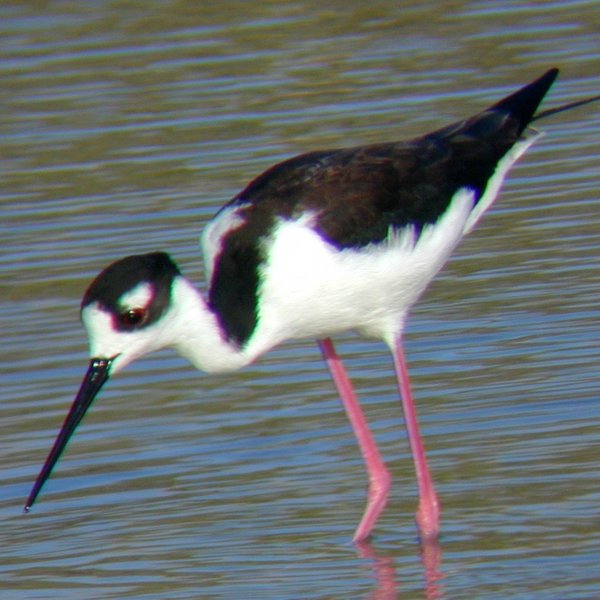

Carlos Espinosa/CDF

Carlos Espinosa/CDF

Carlos Espinosa/CDF

Carlos Espinosa/CDF
